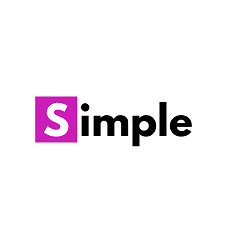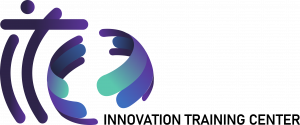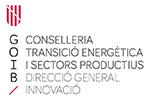ONLINE ACCES TO ALL THE PROJECT OUTCOMES
All European countries are involved in a massive arrival of migrants, and many of them are asylum seekers, victims of trafficking in human beings. Several attempts have been made in the last few years to implement reception policies, by each Member State and at the European level. However, all policies were based on a more material approach rather than social, psychological and welfarerelated, focusing more on the legal condition of a person rather than on the social condition, which, indeed, is key to devising good reception and integration policies, both for the sake of incomers and local communities. In every migration, incomers carry along a psycho-emotional burden of violence and physical, sexual, psychological abuse, which needs to be dealt with, not just deciding about a person’s life and condition by granting (or not) a permit to stay. It is sadly known that migrants, especially those who come from Sub-Saharan Africa, were very often tortured during their journeys. It is also well known that the towns and cities where migrants are accommodated lack suitable tools for social integration, so social conflicts, fears and fake news become increasingly common.
The SIMPLE project has as its main objective the (re)conquest of the individual autonomy of the applicants for international and humanitarian protection, as their actual emancipation from the need to receive assistance; in these terms we speak of “emancipating acceptance”. It therefore becomes essential to place the people in the center of the Protection System, who should not be mere passive beneficiaries of interventions prepared in their favor, but active protagonists of their own path of reception and social inclusion. In the SIMPLE project the concept of empowerment acquires a significant meaning, as an individual and organized process, through which individuals can reconstruct their ability to choose and design and regain the perception of their own value, their potential and opportunities.
The SIMPLE project is focused on the psychological wellbeing and the social integration of migrants traumatized by the travel and the human trafficking, with specific attention for women. Activities planned in SIMPLE respond to the Community guidelines defined by the EU Directives on minimum standards in the welcoming of Asylum Seekers. This Directive recommends to EU countries the protection of the victims of tortures, rapes and other severe forms of psychological, physical or sexual violence.
Five Intellectual Outputs proposed by the partnership will lead to the development of an innovative Model of Approach based on visual narrative methodology, accompanied by the guide for operators (consisting of materials and tools) and learning pathways to the socio-economic integration of migrant women that aim to maximize the level of integration in the country where their migration route took them.
The project will directly influence operators who will gain a new knowledge (joint-training) and migrant women who will participate in piloting sessions testing the new methodology.
Main results:
1. Ensure the protection of migrants who were victims of trafficking in human beings, exploitation, traumatic experiences, abuse and violence.
2. Enhance job opportunities for migrants; encourage integration at work and, more in general, into the society.
Coordinator
INTERNATIONELLA KVINNOFÖRENINGEN (SE)
Partners
INNOVATION TRAINING CENTER, S.L. (ES)
ANTONIANO ONLUS DELLA PROVINCIA DI SANT’ANTONIO DEI FRATI MINORI (IT)
STEPS SRL (IT)
CHANGES&CHANCES (NED)
ARBEIT UND LEBEN DGB/VHS HAMBURG EV (DE)
INOVA CONSULTANCY LTD (UK.




